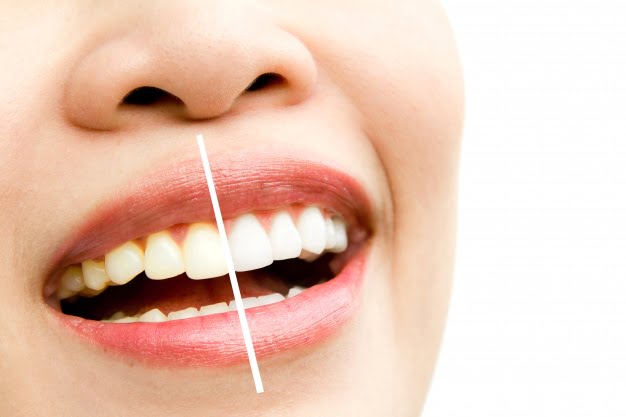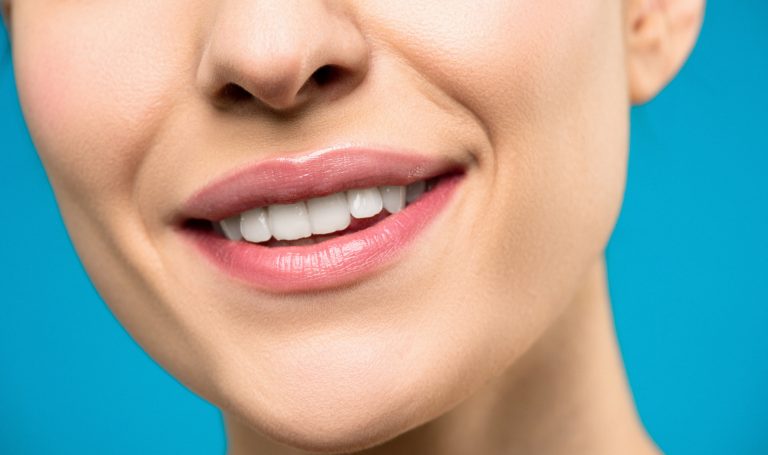Teeth whitening plays a crucial role in enhancing a person’s confidence and overall appearance. Beyond the cosmetic benefits, it can have a significant impact on self-esteem and social interactions. Stained or discoloured teeth can make individuals feel self-conscious and hesitant to smile. Teeth whitening treatments effectively remove stains, restoring the natural whiteness of teeth and helping people regain their confidence. A bright smile is often associated with good oral hygiene and can leave a positive first impression on others.
Various factors contribute to tooth discolouration, including lifestyle choices, ageing, and certain medications. Teeth whitening procedures target these stains, whether through professional in-office treatments or at-home options, to achieve a whiter smile. Consulting with a dental professional is essential to determine the most suitable method and ensure safe and effective results.
By understanding the importance of teeth whitening and taking steps to maintain a bright smile, individuals can enhance their overall appearance and boost their self-confidence. A radiant smile has the power to make a lasting impression and positively influence personal and professional relationships.
Understanding Teeth Discoloration and Causes
Teeth discolouration can be categorised into two main types: extrinsic stains and intrinsic stains. Extrinsic stains occur on the outer surface of the teeth and are primarily caused by external factors. Common causes of extrinsic stains include consuming certain foods and beverages with pigments, such as coffee, tea, red wine, berries, and dark sauces. Tobacco use and smoking are also significant contributors to surface-level discolouration. Fortunately, these stains can often be effectively removed through teeth whitening procedures, restoring the natural whiteness of the teeth and improving their appearance.
Intrinsic stains, on the other hand, originate from within the tooth structure and can be more challenging to eliminate. They may result from factors during tooth development or internal changes within the tooth. Ageing is a natural cause of intrinsic staining, as the enamel layer becomes thinner over time, revealing the yellowish dentin underneath. Genetic factors and variations in natural tooth colour can also contribute to intrinsic stains. Additionally, poor oral hygiene practices, such as inadequate brushing and flossing, can lead to the buildup of plaque and tartar, causing discolouration from within.
Understanding the different types and causes of teeth discolouration is crucial for implementing appropriate preventive measures and seeking suitable treatment options. Maintaining a consistent oral hygiene routine, including regular brushing, flossing, and professional dental cleanings, is essential for preventing extrinsic stains. For intrinsic stains, professional teeth whitening, cosmetic dental procedures like veneers, or other restorative treatments may be necessary to achieve a brighter, whiter smile. Consulting with a dental professional can help determine the underlying causes of teeth discolouration and provide personalised recommendations for effective stain removal and long-term oral health.

Different Methods of Teeth Whitening
Teeth whitening methods can be divided into three categories: over-the-counter whitening products, professional teeth whitening treatments, and natural teeth whitening remedies. Each category offers its benefits and considerations in the pursuit of a brighter smile.
Over-the-counter whitening products, such as whitening toothpaste, mouthwash, strips, and gel trays, provide convenience and accessibility without requiring professional guidance. Whitening toothpaste and mouthwash typically contain mild abrasives and chemicals to eliminate surface stains. Whitening strips and gel trays usually contain peroxide-based agents to bleach the teeth. While these products can deliver noticeable improvements for mild to moderate discolouration, their effectiveness may be limited for more severe stains.
Professional teeth whitening treatments, administered by dental professionals, offer superior results and customization. In-office procedures, such as light-activated treatments, employ higher concentrations of whitening agents for faster and more significant outcomes. Take-home whitening kits with custom trays, provided by dentists, offer a personalised approach. Professional treatments effectively address moderate to severe discolouration but may involve higher costs and multiple sessions for optimal results.
Natural teeth whitening remedies, like baking soda and hydrogen peroxide, oil pulling, and activated charcoal, appeal to those seeking more natural alternatives. Although these remedies are generally considered safe, scientific evidence regarding their effectiveness is limited. While they may help eliminate surface stains to some extent, they may not deliver the same level of whitening power as over-the-counter or professional treatments.
When selecting a teeth whitening method, it is important to consider the severity of discolouration, desired level of whiteness, cost, convenience, and any potential sensitivities or underlying dental conditions. Consulting with a dental professional can provide personalised guidance to determine the most suitable approach for achieving a brighter, whiter smile.
Tips for Safe and Effective Teeth Whitening
Maintaining a bright smile requires consistent oral hygiene practices, understanding the proper dos and don’ts of teeth whitening, and making necessary lifestyle changes.
First and foremost, brushing and flossing techniques play a crucial role in oral hygiene. It is important to brush your teeth at least twice a day using a soft-bristle toothbrush and fluoride toothpaste. Thoroughly clean all tooth surfaces, and don’t forget to floss daily to remove plaque and debris from between the teeth and along the gum line, preventing stains and decay.
Regular dental check-ups and cleanings are essential for a bright smile. Dentists can identify and address any dental issues promptly, ensuring optimal oral hygiene. Professional cleanings remove built-up plaque and tartar that can contribute to tooth discolouration.
Understanding the dos and don’ts of teeth whitening is vital. Follow the instructions and recommended treatment times for whitening products, whether over-the-counter or professional, to avoid overuse and potential damage. Consulting with a dental professional helps determine the most suitable whitening method for individual needs.
To maintain long-lasting results, certain lifestyle changes are beneficial. Minimise stain-causing habits like tobacco use and limit the consumption of substances that stain teeth, such as coffee, tea, and red wine. Adopting a balanced diet rich in fruits and vegetables supports good oral health and prevents discoloration.
By practising proper oral hygiene, understanding teeth whitening guidelines, and making necessary lifestyle changes, individuals can maintain a bright and healthy smile. Regular dental care and healthy habits contribute to long-lasting results and overall oral well-being.

